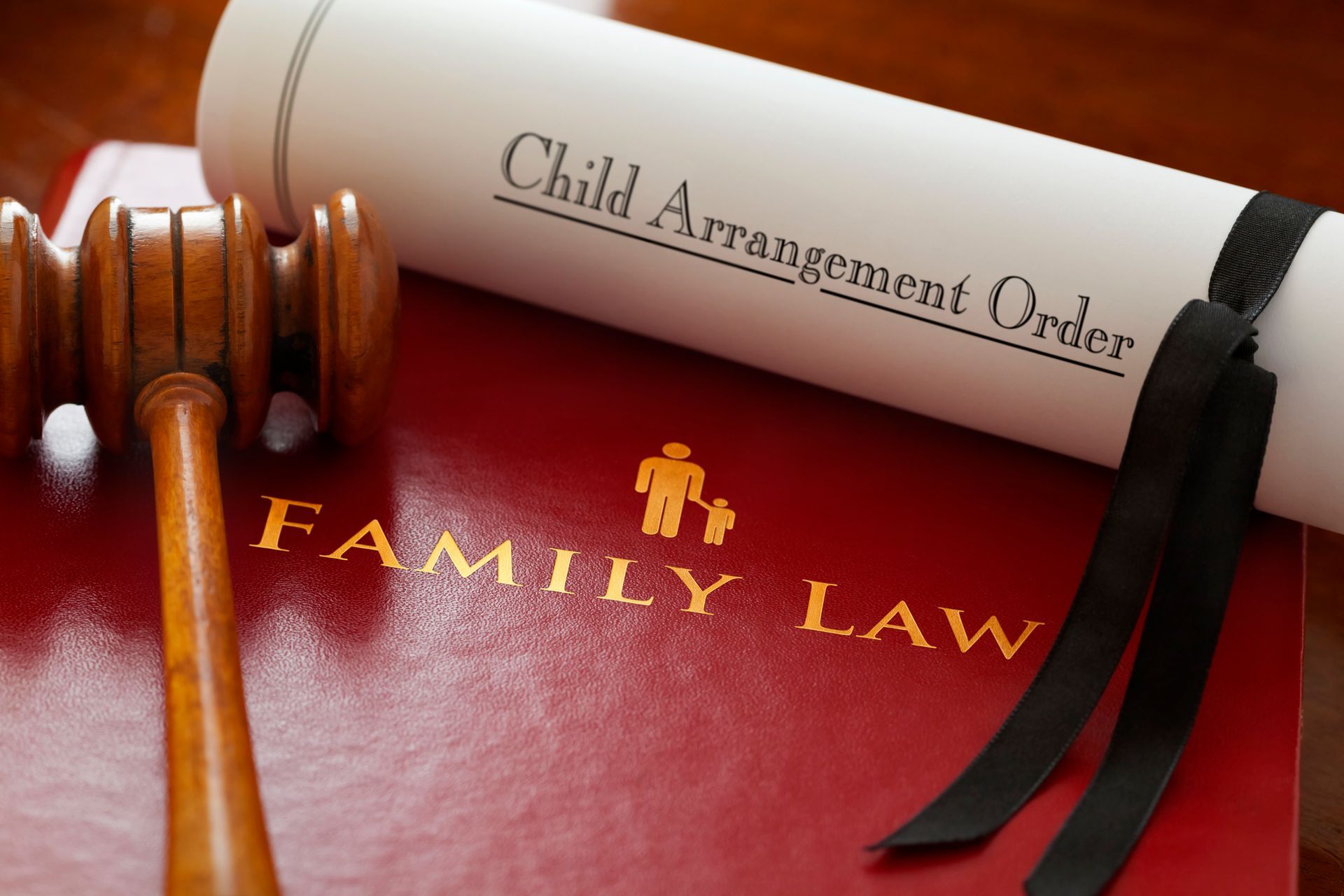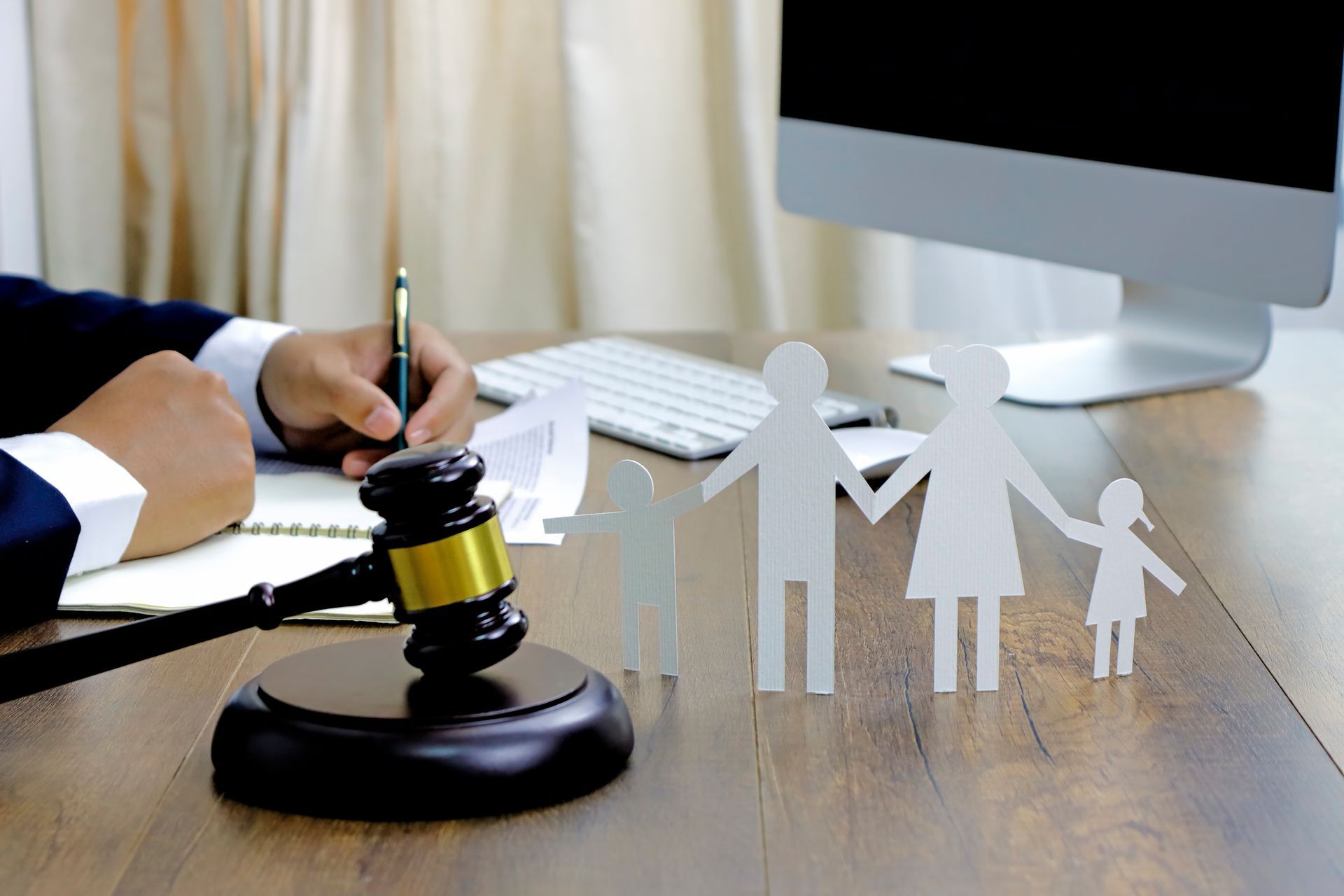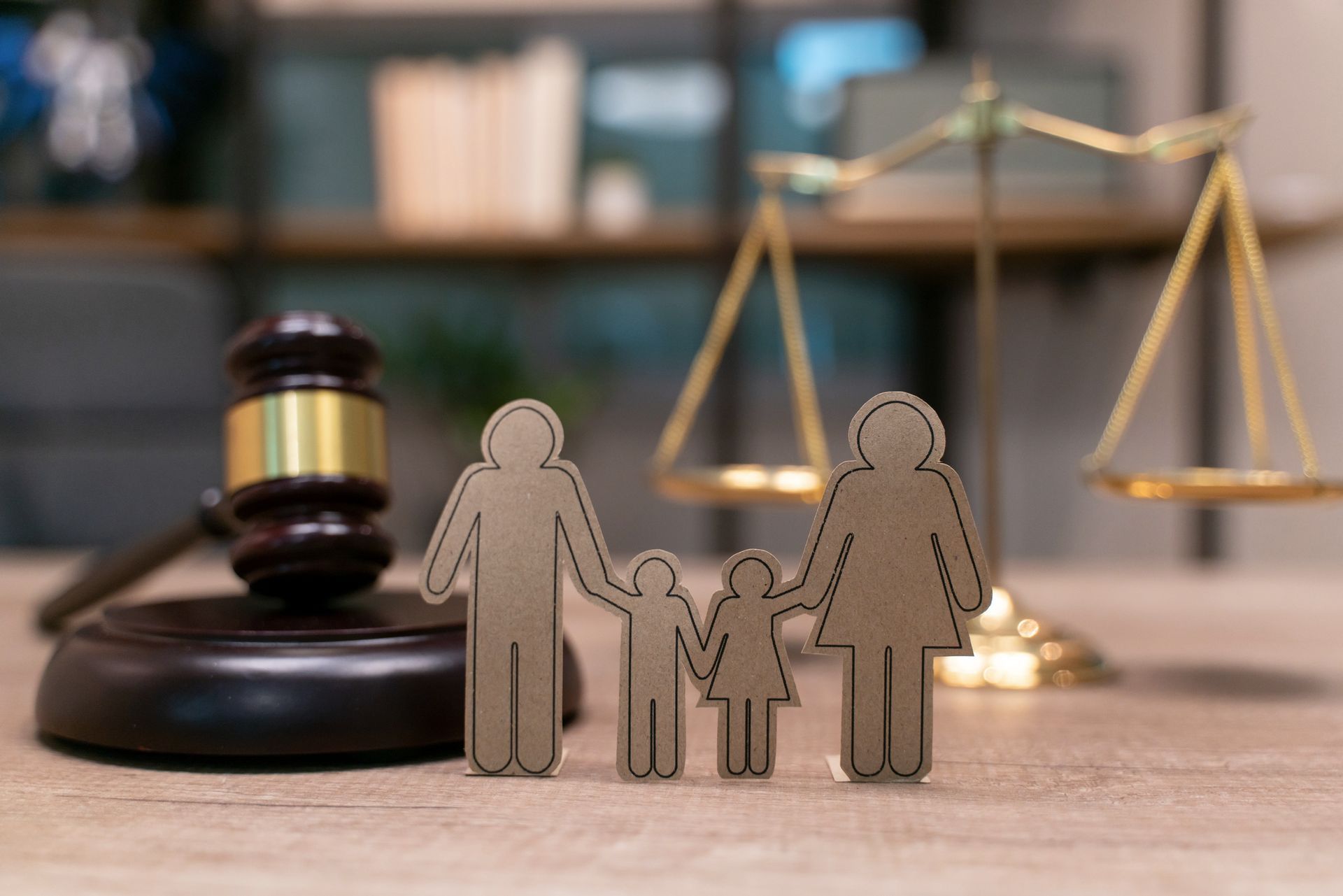Wrongful Eviction? What You Need to Know
Is your landlord threatening — or taking action — to evict you from your home? While it remains their legal property, landlords must comply with laws that grant rights to renters as well. Failure to abide by these laws can result in wrongful eviction. And you have a fighting chance to overturn a wrongful eviction.
First, though, you must know how to identify wrongful eviction. Then, you'll need to plan a course of action depending on what type of wrongful eviction you face. Here's a short guide to this illegal landlord activity.
What Is Wrongful Eviction?
Wrongful eviction is, at its most basic, an eviction that doesn't follow the state and federal laws governing evictions. Landlords are not allowed to simply do whatever they want with their rental units — even if they put supportive wording into the lease or use subtle tactics you may not recognize.
If proven to have violated your rights during an eviction, the landlord may have to reimburse you for lost rent or deposits and pay penalties or fines. They may also be ordered to pay additional damages or provide other remedies.
What Are the Main Causes of Wrongful Eviction?
There are a few common ways that landlords regularly commit unlawful evictions.
Certainly, failure to provide the required notice is one of the most likely. Idaho, like many states, allows the landlord to give three-day notice to quit the unit only in certain circumstances. This includes tenant failure to pay rent or when the renter is violating some important element of the rental agreement they signed. If the landlord fails to give this notice — such as by changing the locks — it is wrongful eviction.
Landlord harassment is another sadly common means of eviction. Landlords who want to get rid of a tenant but don't have the right legal cause to do so may end up harassing the renters in order to get them to leave on their own. Harassment could take many forms, including depriving you of your right to peaceful enjoyment of the home, failure to make needed repairs, making threats, or damaging your stuff.
Harassment results in what is known as constructive eviction. The landlord basically made it impossible for you to stay in the unit. Other actions can be constructive eviction too. If the landlord refuses to fix the heater during winter or fix your leaking roof, the unit may become uninhabitable. You would be forced to leave for your own health and safety. With proper support, you can prove this was wrongful eviction.
What Is the Wrong Way to Fight Wrongful Eviction?
There are right ways to fight wrongful eviction and there are wrong ways. You should avoid compounding the problem by taking any actions that could be unlawful on your part. Threatening the landlord or damaging their property, for instance, could actually hurt your case. These actions bolster the case of the landlord and could turn a wrongful eviction into a lawful one. And they get you in legal hot water.
What Are the Right Ways to Fight Wrongful Eviction?
The best way to fight this move is to seek help from a qualified attorney in your state who has experience with landlord–tenant law. They can help you communicate with the landlord in ways that avoid unnecessary conflict and emotion while protecting your rights to seek legal action.
The right course of action depends on your particular situation. Some tenants may be able to seek help from local oversight agencies, such as the Housing and Urban Development (HUD) office or housing authority. This would be particularly appropriate for anyone who is being evicted due to discrimination prohibited on a federal level.
Most tenants, though, must seek remediation by suing the landlord for damages. This generally occurs in small claims court but can be taken to a county court level. The difference usually depends on the limits on the size of damages you can pursue in small claims court and what remedy you may seek beyond reimbursement.
To make a successful case, you will need to clearly demonstrate how the eviction violated laws. It could start as early as the lease agreement if there were illegal clauses or even poorly worded statements. And a record of your communications may demonstrate that the landlord refused to remedy a situation or that they acted discriminatorily.
Where Can You Learn More?
Do you want to know if your case could be wrongful eviction? Start by consulting with an attorney as soon as possible. Wrongful eviction claims — at any stage of eviction — cannot wait. The earlier you learn the next steps, the stronger your case will be and the sooner you can resolve what is an undoubtedly stressful situation.
Hart Law Offices, P.C., have assisted Idaho renters for more than 40 years. Call today to make an appointment and find out how we can help you.


















